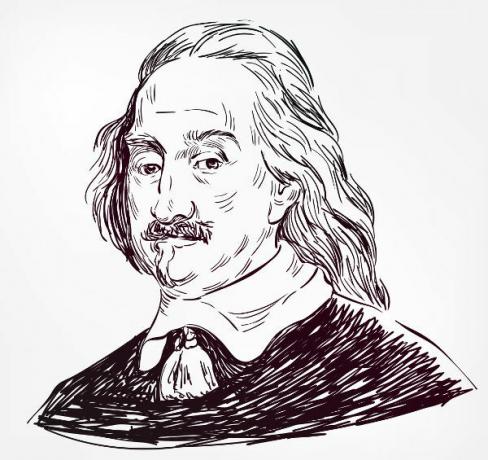Ethnocentrism constitutes an epistemological barrier because we can only see the other culture through our own categories. The etymology of the word, by itself, is an explanation: it would be an ethnicity at the center, that is, seeing all other cultures from what we take to be central, important and true. This makes a real apprehension of other societies impossible.
According to Pierre Clastres, this is what happens in the question of power. The West classifies indigenous societies as powerless societies. They have a boss, but this boss is devoid of coercive power. For the author, the big problem is that in order to think about power in these societies, ethnology (study of ethnicities) always starts from the political power that is based on the dichotomy command-obedience.
For these societies, nothing would be more strange than one ordering the other and the other obeying. They don't see power from that category. The ethnology in their studies makes primitive societies revolve around Western civilization, as if command-obedience power were the universal form of power. For Clastres, universal is the fact that there is no social without power, as this is an issue that had to be resolved by all societies. However, the way each one faced and solved their own problem is a particular way of thinking about it, so as the power that presented itself in the West is a particular solution and that it had a solution among the savages different.
It is in this sense that the author speaks of a “Copernican revolution”, as he thinks it is necessary to see indigenous societies from within themselves. Ethnography (registration of ethnicities) must remove the West from the center of its inquiries and see the question of power through the solutions of the indigenous people themselves. In the same way that Copernicus removes the Earth from the center of his system – thus operating a true revolution in astronomy, which enables all the advancement of science - ethnology too must provoke this revolution to, only in this case, make possible a political anthropology.
Do not stop now... There's more after the advertising ;)
It is necessary to see these societies through their positivity. They didn't come to our form of power, not because they were incompetent; they simply refused it, refused to build a state like the Western model, which is based on the command-obedience categories. Power, as an issue, has been resolved in different ways by different societies. They are societies that do not allow for divisibility, that is, they do not create divisions by age, sex, or work. This is something the West will never understand.
Clastres agrees with Lapierre that social innovation produces power. According to him, power would be coercive, not non-coercive power. As innovation is the production of history, societies without coercive power are societies without history. Wouldn't the author be a victim of ethnocentrism? He questions the command-obedience power to study nations without this coercive power, but wants to take Western categories to define how history is made.
By asserting political power in these societies, Clastres asserts the possibility of history. For the existence of power, a whole social organization is necessary, which differs from the social organization of animals. Every human society has as a prerequisite to be able to educate future generations in its culture, so that it can maintain its social structure. And this represents tradition, which is the first form of historical production (understanding one's own society to from their own categories) which was developed within this group and managing to keep them is what is called culture. And where there is culture, there is history.
Non-coercive power is carried out in such a way that a mythical figure represents the chief in rituals that serve to recall social organization. It is enough that it be a figure, not always the same, but that it only fulfills the role of leader. However, he has no power over the members of society.
By João Francisco P. Cabral
Brazil School Collaborator
Graduated in Philosophy from the Federal University of Uberlândia - UFU
Master's student in Philosophy at the State University of Campinas - UNICAMP
Would you like to reference this text in a school or academic work? Look:
CABRAL, João Francisco Pereira. "The power relationship between indigenous peoples according to Pierre Clastres"; Brazil School. Available in: https://brasilescola.uol.com.br/filosofia/a-relacao-poder-entre-os-povos-indigenas.htm. Accessed on June 27, 2021.

